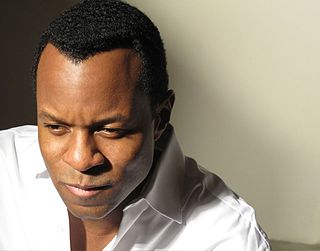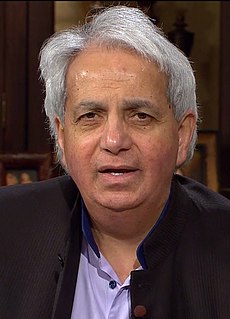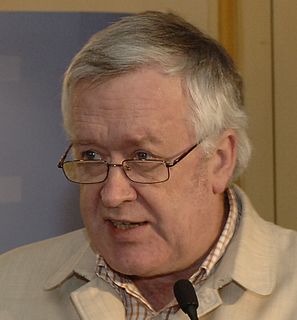A Quote by Martin Luther
In a mouse we admire God's creation and craft work. The same may be said about flies.
Related Quotes
[A businessmen in plane after 9\11] asked me, "What are you working on now?" And I said I was writing a story about a mouse who tries to save a princess. I was mortified. Here the world is falling down around us, and I'm trying to tell the story about a mouse who saves a princess. I said "It doesn't matter at all now."
The seventh day of creation is the most eloquent and insightful as to the nature of God. From a literary perspective, the Sabbath forms the pinnacle of the story. Like the dramatic kiss of a soldier returning from war, this is the moment we’re not meant to miss. In choosing rest as the grand finale, God reveals himself as one driven by neither anxiety nor fear but one who finds gladness in both the work of creation and the creation of work.
Today is [the feast of] Santa Rita, Patron Saint of impossible things - but this seems impossible: let us ask of her this grace, this grace that all, all, all people would do good and that we would encounter one another in this work, which is a work of creation, like the creation of the Father. A work of the family, because we are all children of God, all of us, all of us! And God loves us, all of us! May Santa Rita grant us this grace, which seems almost impossible. Amen.
The whole story of creation, incarnation, and our incorporation into the fellowship of Christ's body tells us that God desires us, as if we were God, as if we were that unconditional response to God's giving that God's self makes in the life of the Trinity. We are created so that we may be caught up in this, so that we may grow into the wholehearted love of God by learning that God loves us as God loves God.
The reasons are likely rooted in religion. Playing around with God's creation is simply not allowed. Incidentally, in the past it was precisely the deeply religious people who said: Of course we're playing with God's creation, in fact we're perfecting it. This sort of thinking is frowned upon today.
Art is craft: all art is always and essentially a work of craft: but in the true work of art, before the craft and after it, is some essential durable core of being, which is what the craft works on, and shows, and sets free. The statue in the stone. How does the artist find that, see it, before it's visible? That is a real question.
When we read about Creation in Genesis, we run the risk of imagining God was a magician, with a magic wand able to do everything. But that is not so. God is not a demiurge [demigod] or a magician, but the Creator who gives being to all entities. Evolution in nature is not opposed to the notion of Creation, because evolution presupposes the creation of beings that evolve.







































